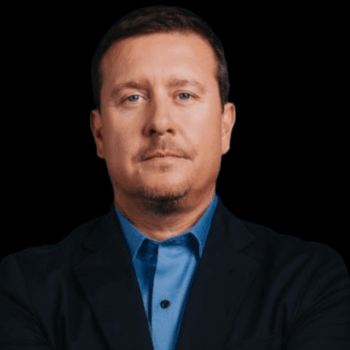They call it public health. But what was once clean water, mosquito nets, and checking milk for tuberculosis has become something else.
Dr. David Bell, a physician from Australia who once worked at the World Health Organization (WHO), remembers when public health had its limits. He ran malaria programs, directed labs, saw poverty and pathology where they often overlapped. But now he lives in Texas, watching public health drift into abstraction. “Gun violence becomes a public health problem,” he said. “Racism becomes a public health problem.”
We spoke of autism, not the clear, tragic kind—nonverbal, stimming, locked in—but the growing gray zone. Mild cases. Social awkwardness. Boys who fidget. I said that when I was in medical school, autism wasn’t a term of art. He agreed. “All humans are not the same. We are all on the spectrum.”
The problem is that our institutions now medicate normal differences. We label misfits. We treat personality as pathology. “My child would be on meds if we didn’t homeschool,” he said. “In school, they’re not even allowed to run in the playground.” That line struck—schools without running. No chasing. No noise. Hands behind backs. Bell called it a cage for young mammals. “If you put lambs in a box, they’d go mad.” So do boys.
Public health, once about real threats—malaria, TB, HIV—now lives on marginal gains in wealthy nations. It clings to new categories, expanding to stay alive. Bureaucracies metastasize like tumors. They feed on compliance and budgets.
Bell described Australia requiring windbreaks on public barbecues. “I’m ninety-nine percent sure no one has died from leaves blowing onto a barbecue,” he said. He once worked for Gates-funded labs. He doesn’t anymore.
We agreed on how the diagnosis becomes the disease. “When you give a kid Ritalin, you lock the story into place,” I said. He nodded. “The label changes how people see their future.”
Laura Delano, once diagnosed with bipolar disorder, later got off all the drugs. Bell recommended her memoir. “It’s exactly that—labels become cages.” He sees the same creep in climate-linked malaria panic. “Malaria’s increasing, yes—but because of insecticide resistance. Not climate change.”
We spoke about aid. About how the industry sustains itself. “There’s a huge global health apparatus now. It has to keep busy,” he said. USAID, the WHO—each expanding, never retracting. We agreed that the pain of fixing it would be real. “You can’t shave off just a little. Livelihoods depend on broken things staying broken.”
At one point, I told the story of a speech therapist who was worried that my four-year-old said “lello” instead of “yellow.” I told her his problem was being too tall. She didn’t get it at first. Then she realized he looked six. That changed everything. That’s the culture now—checklists, algorithms, quick fixes. Tall four-year-olds must be corrected. Fidgety boys are drugged. Teachers hired. Labels affixed.
Bell told a similar story—his trilingual child nearly flagged as speech-delayed. “They told us, no problem, the state pays. I said, maybe there’s no problem at all.”
We discussed children who never become employable, despite receiving $250,000 in special education aides. “Would the kid be better off with a trust fund and a garden?” I asked. “Did we help, or did we just feel good doing something?” We spoke of postal workers who complete eight-hour routes in ninety minutes—told to slow down. Pretend. Fill the hours. Keep the machine humming. Health now pretends, too.
Join us at 5 pm ET weekdays on America Out Loud Talk Radio. Listen on iHeart Radio, our world-class media player, or our free apps on Apple, Android, or Alexa. Discover all the episodes on podcast networks, i.e., Apple Podcasts, Spotify, Pandora, TuneIn, Stitcher, and iHeart. You’ll find them the day after they air on talk radio, available on podcast. Extraordinary voices for extraordinary times.
Discover more from Randy Bock MD PC
Subscribe to get the latest posts sent to your email.



























